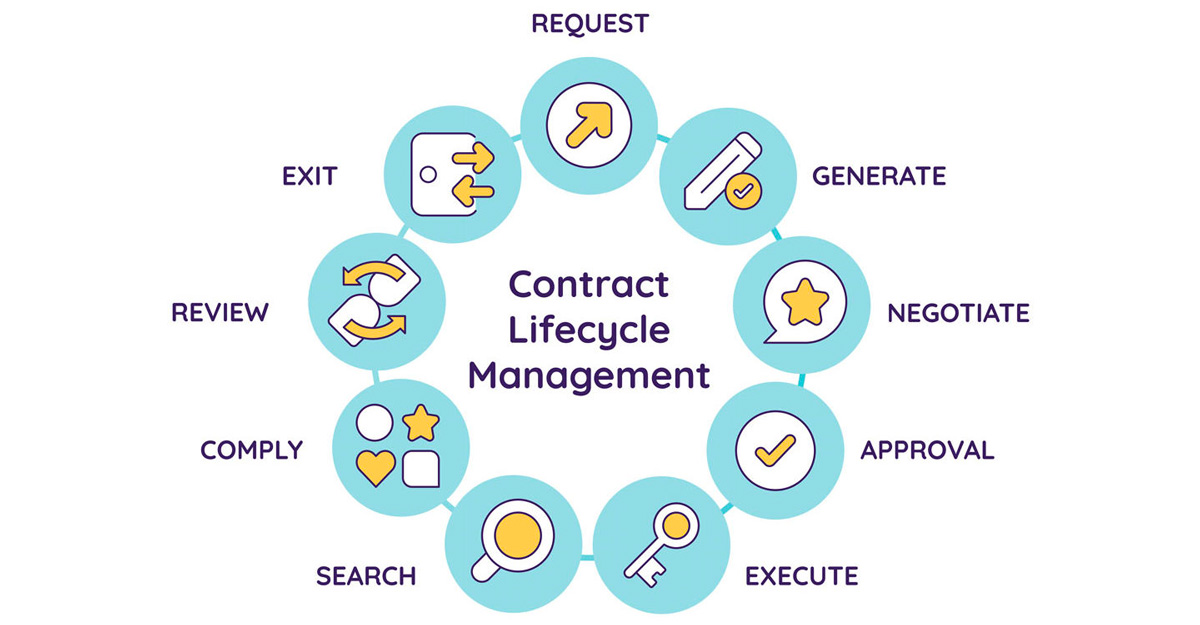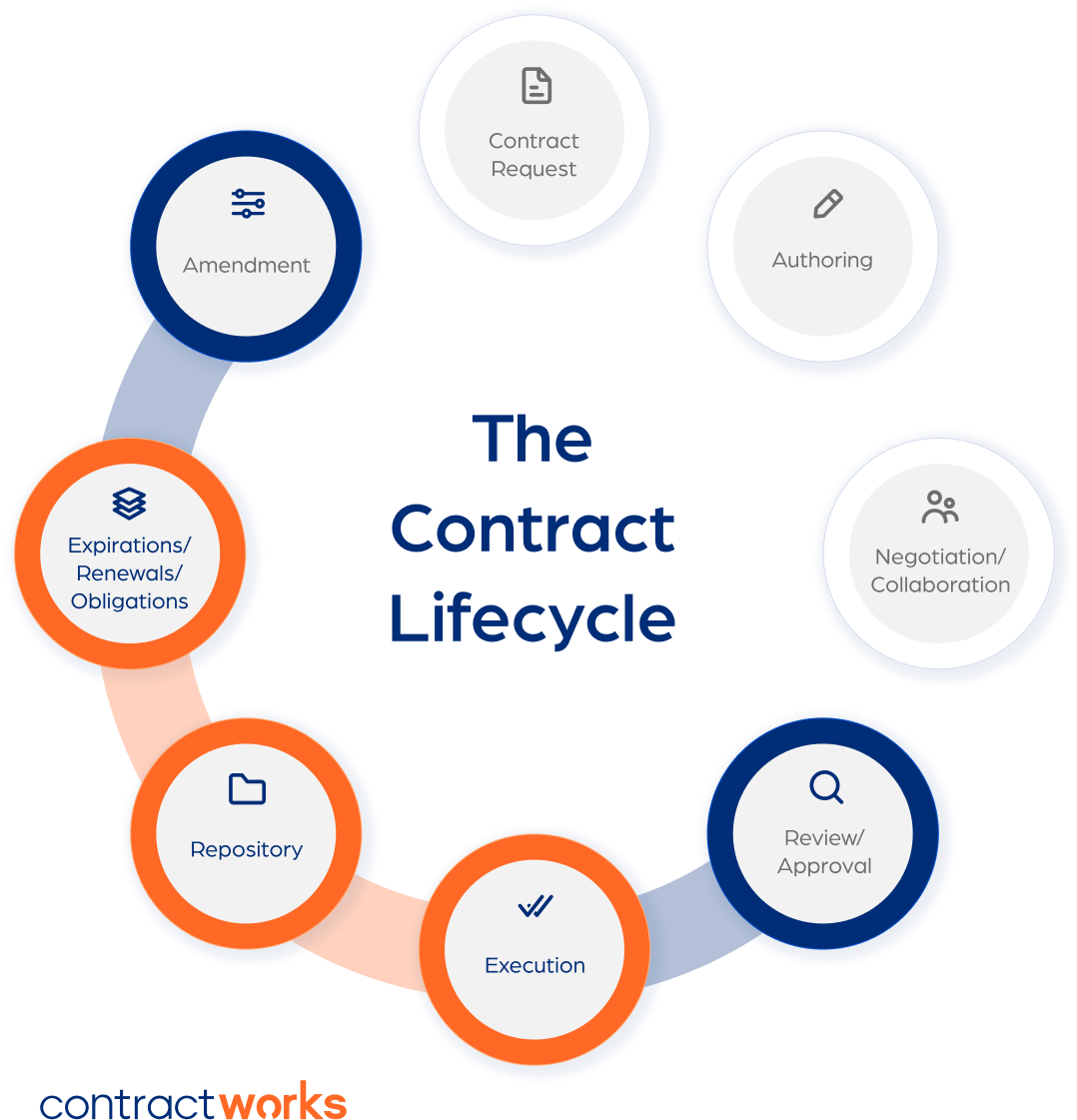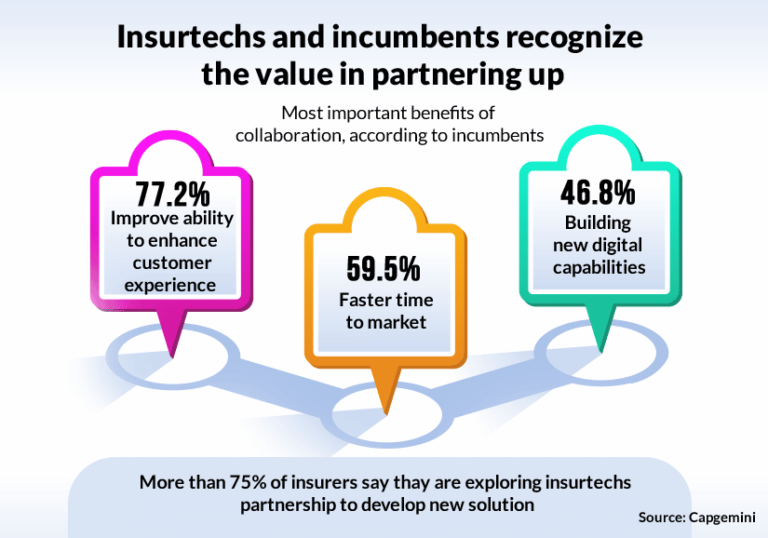Why Is Contract Lifecycle Management Important?
Contract lifecycle management is an important part of any business. It enables organizations to track and manage the entire lifecycle of a contract from its inception to its completion. Contract lifecycle management is critical in helping organizations ensure that their contracts are efficiently executed, legally compliant, and cost effective. It also aids in the overall management of a company’s contractual obligations, financial resources, and relationships with vendors, customers, and other stakeholders. By managing and controlling the entire contract lifecycle, businesses can be sure that they are making informed decisions and getting the best value for their money.
Defining Contract Lifecycle Management
Contract Lifecycle Management (CLM) is a comprehensive process that helps organizations manage the entire lifecycle of their contracts. It covers all the stages of a contract, from creating and negotiating to analyzing and managing. This process helps companies to reduce contract risk, improve financial performance, and optimize operations.
CLM streamlines the contract-making process by automating the activities related to contract creation, negotiation, and renewal. It also provides visibility into contract performance and helps organizations to identify risks and potential improvements. Additionally, CLM helps to ensure compliance with legal and regulatory frameworks, as well as improve customer satisfaction.
Overall, CLM is essential for organizations that need to manage their contracts effectively and efficiently. It ensures that contracts are managed properly and that financial, operational, and legal risks are minimized. By leveraging CLM, organizations can maximize their financial performance and optimize their operations.
The Benefits of Contract Lifecycle Management
Contract lifecycle management (CLM) is an essential part of business operations for every business regardless of its size and industry. CLM helps to streamline and optimize the contract process, ensuring that all relevant documents are properly maintained and monitored throughout the life of the contract. There are several key benefits of a well-implemented CLM system, some of which include:
1. Improved Contractual Compliance: A CLM system allows you to monitor and track contractual obligations, making it easier to ensure compliance with all applicable laws and regulations.
2. Reduced Risk: CLM helps identify potential risks in contracts before they become risks in the future. By having a comprehensive view of the contract, businesses can reduce their risk exposure.
3. Increased Efficiency: A CLM system can automate many of the tedious and time-consuming tasks associated with contract management, such as tracking changes, issuing notifications, and managing signatures. This can save time and money, as well as increase efficiency.
4. Enhanced Visibility: A CLM system provides a single source of truth for all contractual documents, giving everyone involved in the contract access to the same information. This increases visibility and helps ensure that everyone is on the same page when it comes to contract management.
The benefits of contract lifecycle management are clear. By implementing a comprehensive CLM system, businesses can save time and money, reduce risk, increase efficiency, and ensure compliance. This will help them to stay competitive and run a successful and profitable business.
Challenges of Contract Lifecycle Management
Contract Lifecycle Management (CLM) is an integral part of any successful business, but it can be a complex and time-consuming process. Without the right procedures in place, it can be difficult to track, manage and optimize contracts, leading to costly mistakes and missed opportunities. CLM presents a number of challenges, from ensuring compliance with laws and regulations to keeping track of ever-changing market conditions. However, with the right strategies and tools, businesses can overcome these challenges and maximize the value of their contracts.
One of the most common challenges of CLM is a lack of visibility into the contract process. Without an end-to-end view of the contract’s lifecycle, businesses may not be able to identify potential risks or areas of improvement in their contracts. This can lead to inefficiencies and costly errors. Additionally, businesses must ensure that their contracts remain compliant with applicable laws and regulations. This requires a thorough understanding of the relevant laws and a consistent process for tracking changes and updating their contracts.
Another challenge of CLM is the need to stay up-to-date with changing market conditions. Businesses must be able to quickly adjust their contracts to reflect new market conditions, or risk losing out on potential opportunities. Additionally, businesses must ensure that their contracts remain competitive and attractive to customers. This requires a thorough understanding of customer preferences and a consistent process for monitoring the external environment.
In order to successfully manage the contract lifecycle, businesses must have the right strategies and tools in place. They must develop a comprehensive view of the entire process and establish procedures for tracking and managing contracts. Additionally, they must ensure that their contracts remain compliant with applicable laws and regulations, and remain competitive in the face of changing market conditions. With the right strategy and tools, businesses can overcome the challenges of CLM and maximize the value of their contracts.

Automating Contract Lifecycle Management
(CLM) has become increasingly important for businesses of all sizes. By streamlining the entire process from start to completion, organizations are able to ensure that all contractual obligations are met, while also reducing time, cost and risk associated with manual processes. CLM software can automate a range of tasks from contract negotiations and approval, to renewals and audits. With automated contract management, businesses can ensure that they are always compliant with their contractual agreements, while also taking advantage of the latest technological advancements. Additionally, it allows for improved visibility into contractual obligations, better risk management, and more accurate reporting. CLM software also helps to ensure that contracts are managed in a secure environment, with a complete audit trail and all changes logged. By leveraging the latest technologies, businesses can take control of their contracts and ensure that they are compliant with all applicable laws. With CLM software, businesses can ensure that they are always up-to-date with their contractual obligations, while also taking advantage of the latest technological advancements to improve their bottom line.
Implementing Effective Contract Lifecycle Management
(CLM) is essential to ensure that businesses are able to maximize their profits and optimize their operations. CLM involves managing the phases of a contract from inception to completion, including contract negotiation, tracking, and enforcement. Without effective CLM, businesses can suffer from lost revenue, higher costs, and decreased efficiency.
Contract Lifecycle Management is important for businesses of all sizes. It allows organizations to maximize profits, reduce costs, and ensure that contracts are executed in a timely and efficient manner. CLM also helps companies identify opportunities for contract improvement, streamline the contracting process, and eliminate unnecessary risks. Moreover, effective CLM can ensure that contracts are compliant with applicable laws and regulations, and that all parties involved are aware of their rights and obligations.
Furthermore, implementing CLM can help businesses maintain a competitive edge by providing more transparency and insights into their contracts. CLM systems provide the necessary data and analytics to make informed decisions, allowing businesses to make smarter decisions about their contracts. Additionally, CLM can help businesses automate and streamline many contract-related activities, saving time and resources.
Ultimately, Contract Lifecycle Management is essential for businesses to maximize their profits and optimize operations. By utilizing CLM, businesses can ensure that their contracts are compliant, efficiently managed, and secure. It’s important for companies to invest in CLM solutions that are tailored to their specific needs in order to ensure that they are taking advantage of the most effective contract management practices.
Evaluating Your Contract Lifecycle Management Process
Contracts are essential when it comes to any type of business transaction. But, if your contracts are not managed properly, it can lead to serious problems. Contract lifecycle management (CLM) is the process of ensuring that all of your contracts are managed effectively and efficiently. It’s critical for organizations to understand why contract lifecycle management is important and how to evaluate their current process.
Contract lifecycle management helps to ensure that the terms of the agreement are adhered to and that all contractual obligations are met. This helps to reduce the risk of disputes and other legal issues. It also helps to ensure that all parties are aware of their rights and responsibilities, and that both parties are getting the most out of the agreement. CLM also helps to streamline the process, making it easier to manage contracts and more efficient for all parties involved.
When it comes to evaluating your CLM process, it’s important to take a look at how the contracts are being managed, what processes are in place, and what areas can be improved. It’s also important to consider what technology is being used to manage the contract lifecycle, as well as what resources are available to help with CLM. Additionally, it’s important to ensure that the right people are in place to manage the contracts and that they have the necessary skills and expertise to do so.
By evaluating your current CLM process, you can identify areas of improvement and make sure that your contracts are being managed properly. This will help to ensure that all parties get the most out of their contracts, and that all of the necessary steps are taken to ensure that all parties are satisfied with the outcome. Taking the time to evaluate your CLM process will help to make sure that your contracts are effective and efficient, making it easier to manage and ensuring that all parties get the most out of the agreement.
FAQs About the Why Is Contract Lifecycle Management Important?
1. What is Contract Lifecycle Management?
Contract Lifecycle Management (CLM) is the process of managing the entire lifecycle of a contract from its creation to its expiration or renewal. It includes all the steps taken to ensure that the contract is up-to-date, compliant, and meets the business’s objectives.
2. What are the Benefits of Contract Lifecycle Management?
Contract Lifecycle Management can help businesses save time and money by streamlining the entire contract process and improving compliance. It can also help prevent costly disputes and ensure that all parties are informed, reducing the risk of misunderstandings.
3. How Can I Implement Contract Lifecycle Management?
Contract Lifecycle Management can be implemented by utilizing a dedicated contract management software. This software can help automate the process of creating, negotiating, and managing contracts and ensure that all parties are informed. It can also help track contracts to ensure compliance and identify areas for improvement.
Conclusion
Contract lifecycle management is an important tool for businesses and organizations that need to manage contracts efficiently. It helps to ensure that contracts are accurate, up-to-date, and meet the requirements of both parties. It also helps to minimize the risk of disputes, as well as reduces the costs associated with managing contracts. Contract lifecycle management is a valuable tool for any company or organization that needs to ensure the successful management of their contracts.



